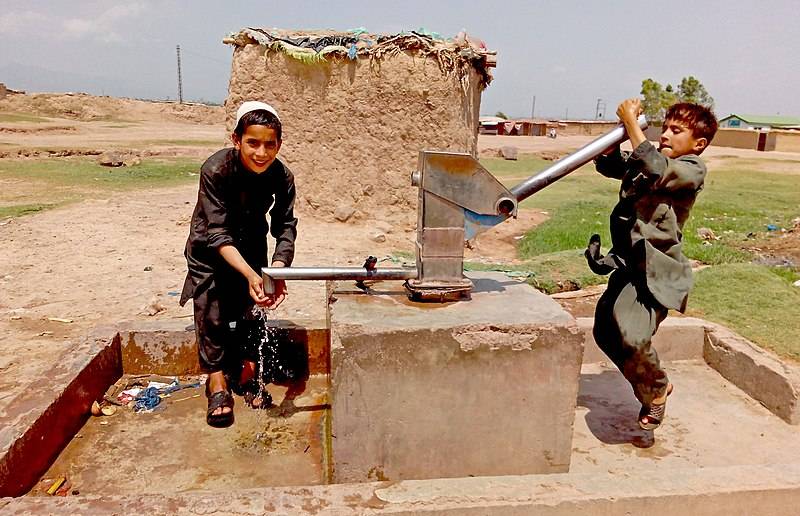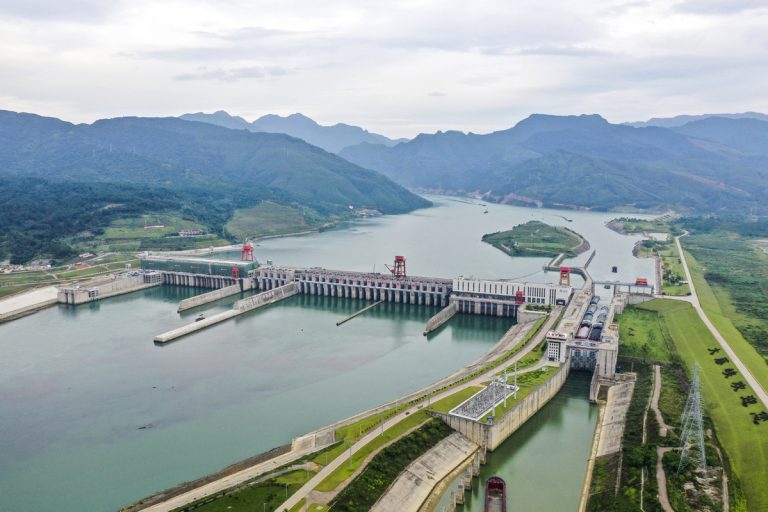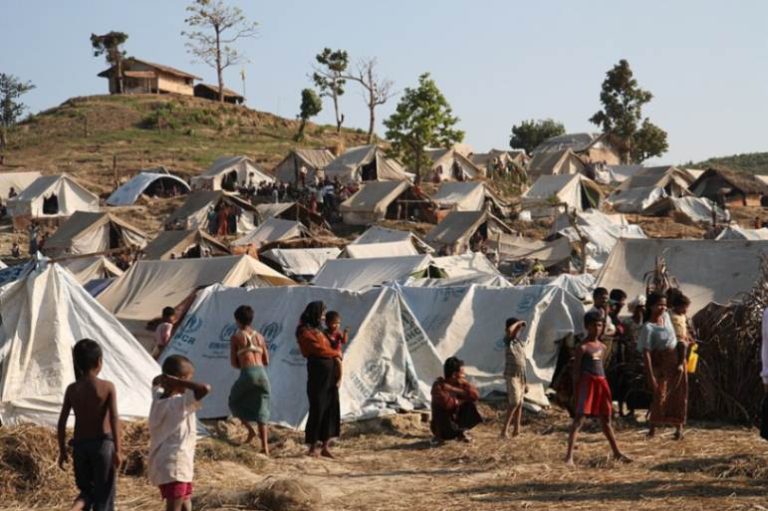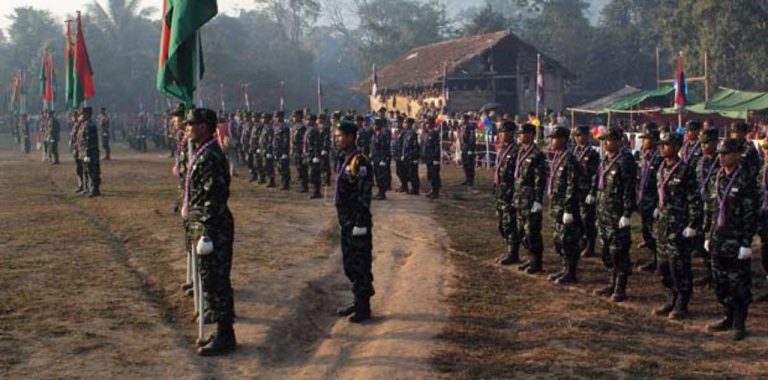
Refugees from Afghanistan in Pakistan, near Islamabad. Photo by VOA
The narrative of Afghan refugees in Balochistan spans four decades, a tale marked by persistent struggles for fundamental rights like citizenship, education, healthcare, and socio-economic opportunities. Despite facing exclusionary practices, a resilient generation of Afghan refugees has emerged, overcoming hurdles to embark on higher educational journeys in Pakistan. Within this context, registered Afghan refugees, possessing Proof of Registration (POR) cards, have established residence in Pakistan under the protection of the UNHCR and the Pakistani government. However, their pursuit of basic rights, particularly citizenship, has been consistently thwarted, resulting in a complex web of exclusionary practices that extends to education, healthcare, and socio-economic opportunities.
The new generation of Afghan refugees, born and raised in Pakistan, confronts challenges in accessing quality education. Despite attending schools administered by the UNHCR or the government of Afghanistan, the compromised quality of education hampers their preparedness for higher education. Language barriers further compound their struggles, given that higher education in Pakistan is primarily conducted in English.
Advocacy efforts have opened doors to higher education, yet refugee students face administrative hurdles during the admission process. Challenges include the issuance of equivalency certificates and limited administrative support, discouraging many from pursuing higher education. Financial constraints add another layer of difficulty, compelling numerous refugee students to work part-time to support their studies. Women engage in income-generating activities such as embroidery to finance their education, facing societal pressures that undervalue their degrees.
Upon completing their degrees, job placement becomes a formidable challenge, exacerbated by the overall scarcity of opportunities in Balochistan. The state’s failure to accommodate its own graduates intensifies the struggle for refugees, leading many to mismatched departments and underpaid positions. Recent events, notably the deportation of undocumented Afghan refugees have cast a shadow on the higher education journey. The harassment faced by registered (POR card holders) and unregistered but documented (ACC holders and Asylum Certificate holders) refugees, coupled with the cessation of support from scholarship providers due to deportation threats, has left many in uncertainty.
In conclusion, the decades-long struggle by UNHCR and humanitarian organizations has yielded a small cohort of refugee students navigating the challenging path of higher education. Recent events have cast a pall over their educational journey, jeopardizing the hopes and dreams of those who persevered against the odds. The international community must recognize the resilience of these students and work collectively to ensure that their educational journeys are not lost in the face of adversity.
As we reflect on this narrative, it becomes evident that the struggles faced by Afghan refugees in Balochistan are not merely individual stories; they represent a larger issue of systemic challenges that need urgent attention. The denial of basic rights, especially citizenship, sets the stage for a cascade of exclusionary practices that permeate various aspects of life. It is imperative for policymakers and stakeholders to address these systemic issues and create an environment that fosters inclusivity and equal opportunities for all. One crucial aspect that requires immediate attention is the quality of education provided to Afghan refugee students. The compromised educational standards in schools run by the UNHCR or the government of Afghanistan hinder the academic preparedness of these students for higher education. Language barriers further exacerbate the situation, highlighting the need for tailored support mechanisms to bridge this gap.
The admission process to higher education institutions also presents significant challenges. Administrative hurdles, such as delays in issuing equivalency certificates, deter many refugee students from pursuing higher education. Streamlining these processes and providing adequate support during admissions can make a substantial difference in enabling more refugees to access higher education.
Financial constraints are a pervasive issue that hampers the educational journey of Afghan refugees. Many resort to part-time work to finance their studies, with women often engaging in income-generating activities. Addressing these financial challenges requires a multi-faceted approach, including scholarship programs, financial aid, and initiatives that empower refugees to become self-sufficient.
The difficulties do not end with obtaining a degree. Job placement, particularly in the context of Balochistan, poses a formidable challenge. The state’s failure to absorb its own graduates compounds the issue, leaving many refugees in precarious employment situations. Creating job opportunities and ensuring fair and equal employment practices are essential for the successful integration of refugee graduates into the workforce.
Recent deportations and harassment of refugees have added another layer of complexity to an already challenging situation. The uncertainty surrounding the educational future of refugee students is disheartening, as scholarships and support mechanisms are decreased in the face of deportation threats. This creates a climate of fear and insecurity, further hindering the educational aspirations of Afghan refugees. It is crucial to acknowledge the resilience and determination displayed by Afghan refugee students. Their pursuit of education against all odds is a testament to the transformative power of learning. The international community must rally together to support these students, ensuring that their educational journeys are not derailed by geopolitical uncertainties and bureaucratic barriers.
In conclusion, the higher educational journey of Afghan refugees in Balochistan is a narrative of perseverance, resilience, and the pursuit of a better future. It calls for a comprehensive and coordinated effort from governments, international organizations, and civil society to address the systemic issues that impede the educational aspirations of these individuals. By providing quality education, streamlining admission processes, alleviating financial constraints, and creating employment opportunities, we can empower Afghan refugees to break the cycle of exclusion and contribute meaningfully to society. It is time to recognize the potential within these students and provide them with the support they need to shape their destinies and rebuild their lives.
Opinions expressed in this article are those of the author.




